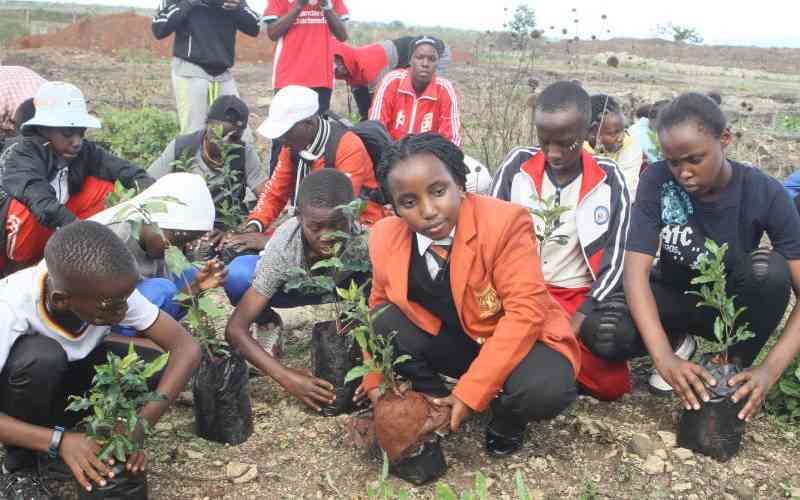×
The Standard e-Paper
Join Thousands Daily

Over 70,000 delegates from around the world are about to converge in Dubai for COP28. In the lead-up, the UAE's COP28 Presidency has made no secret of its ambition to make this the most consequential COP.
While much of that effort has elevated historically underrepresented communities, and rightly so, a lesser-known determination of the COP28 Presidency is about transforming how the COP process engages with the private sector.